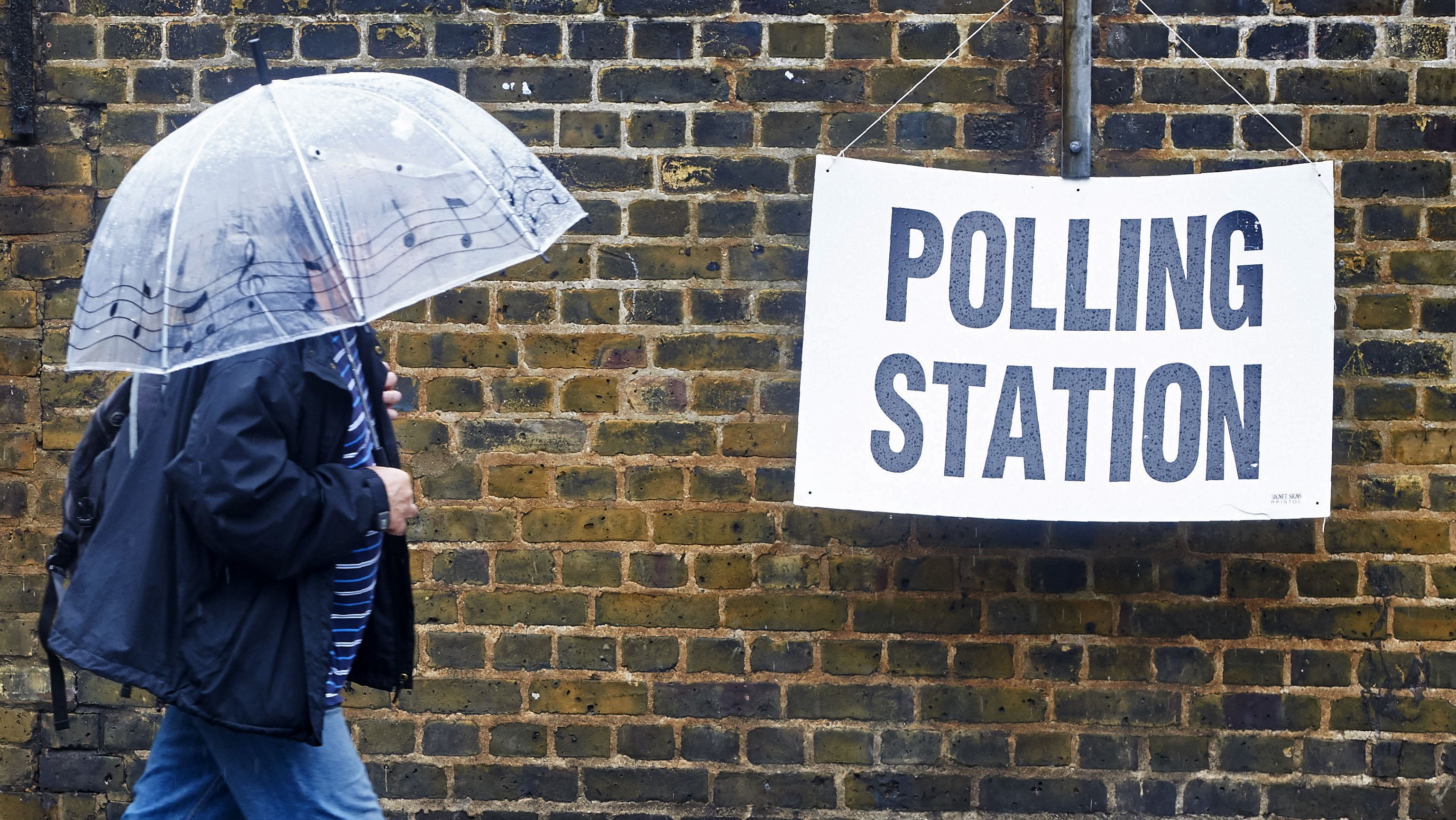
As millions of voters leave their homes and trudge towards polling stations on a cold December day, don't expect to hear about any frantic last-minute campaigning from parties. In fact, election news will be eerily quiet thanks to strict rules about what broadcasters can and cannot say today.
The most you'll hear or see of the candidates vying to become Britain's next Prime Minister is when they cast their votes after several weeks of intense campaigning.
It's all part of a blanket ban placed on TV and radio outlets -- forbidding them from reporting on campaign issues, opinion polls, political statements and candidates between the start of voting at 7 a.m. (2 a.m. ET) and the close at 10 p.m. (5 p.m. ET).
The restrictions are unheard of in the United States, where candidates continue to campaign on election day, as they try to drive as many voters to the polls as possible.
The UK's Office of Communications (Ofcom) enforces the regulations, which are designed to ensure political coverage is impartial and to prevent the media from influencing voters on the polling day.
The regulations in practice mean that any content that could be reasonably seen by a viewer or web user in the country should avoid direct discussion about candidates, issues or poll numbers. Content that was published before polling day does not need to be removed, however broadcasters must be careful not to infringe on the regulations with any new content.
Even though the rules are imposed within the UK, international broadcasters (such as CNN), also have to avoid breaking the rules.
Today journalists are banned from speculating about the outcome of the election and are prohibited from interviewing voters at polling stations to ask how they voted. Any outlet operating in the UK seen to be attempting to shape the outcome of the election can be fined -- and their editors could even face imprisonment.
The regulations, however, are less strict for newspapers and online news sites. Newspapers often publish publish an array of content prohibited for broadcast, from last-minute polls, commentary and positive or negative articles about candidates and parties. Election content and ideological appeals to voters are also often plastered across front pages.
But, the stiff rules don't mean election day fun is banned entirely. Today you're likely to see a lot of posts across Twitter and Instagram as Brits play up to their stereotypes of adoring dogs; using the hashtag #DogsAtPollingStations while showing off their pooches at the polls.
It's only been a short while since polls opened at 7 a.m. (2 a.m. ET) -- where it is still dark across the country -- and photos are already being shared.
https://news.google.com/__i/rss/rd/articles/CBMiUmh0dHBzOi8vd3d3LmNubi5jb20vdWsvbGl2ZS1uZXdzL3VrLWVsZWN0aW9uLWRheS0yMDE5LWRsZS1nZTE5LWdici1pbnRsL2luZGV4Lmh0bWzSAVZodHRwczovL2FtcC5jbm4uY29tL2Nubi91ay9saXZlLW5ld3MvdWstZWxlY3Rpb24tZGF5LTIwMTktZGxlLWdlMTktZ2JyLWludGwvaW5kZXguaHRtbA?oc=5
2019-12-12 09:02:00Z
52780464144156
Tidak ada komentar:
Posting Komentar